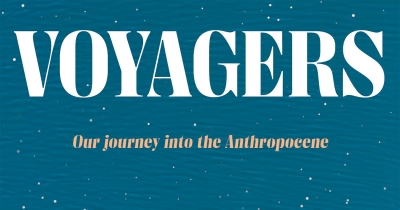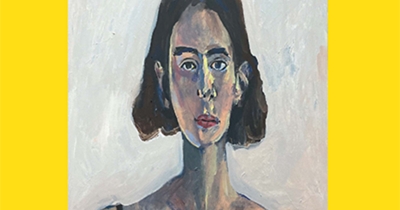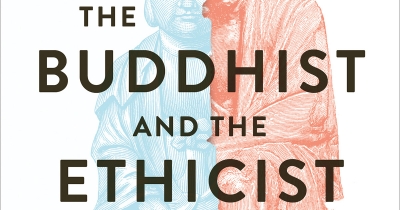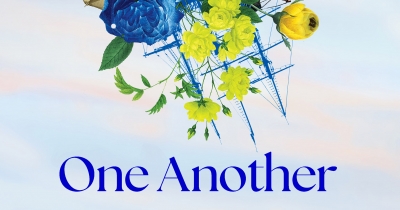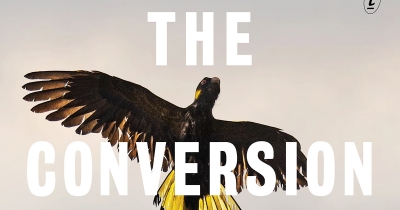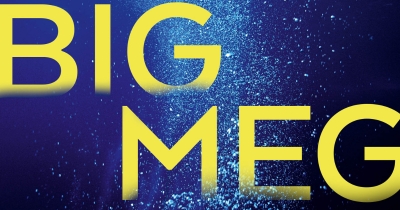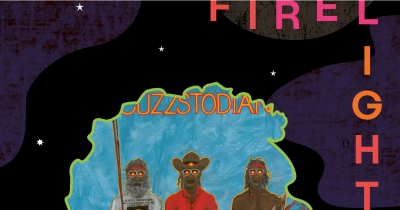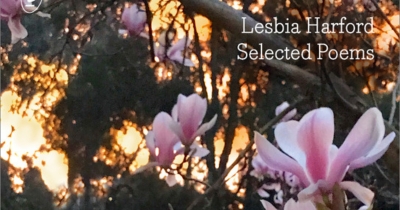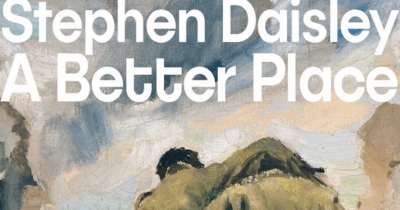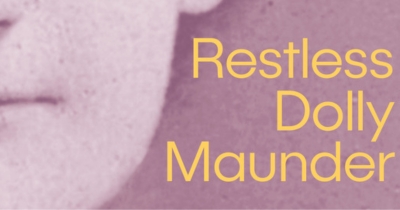Text Publishing
The Buddhist and the Ethicist: Conversations on effective altruism, engaged Buddhism, and how to build a better world by Peter Singer and Shih Chao-Hwei
by Adam Bowles •
Big Meg: The story of the largest and most mysterious predator that ever lived by Tim Flannery and Emma Flannery
by Danielle Clode •

